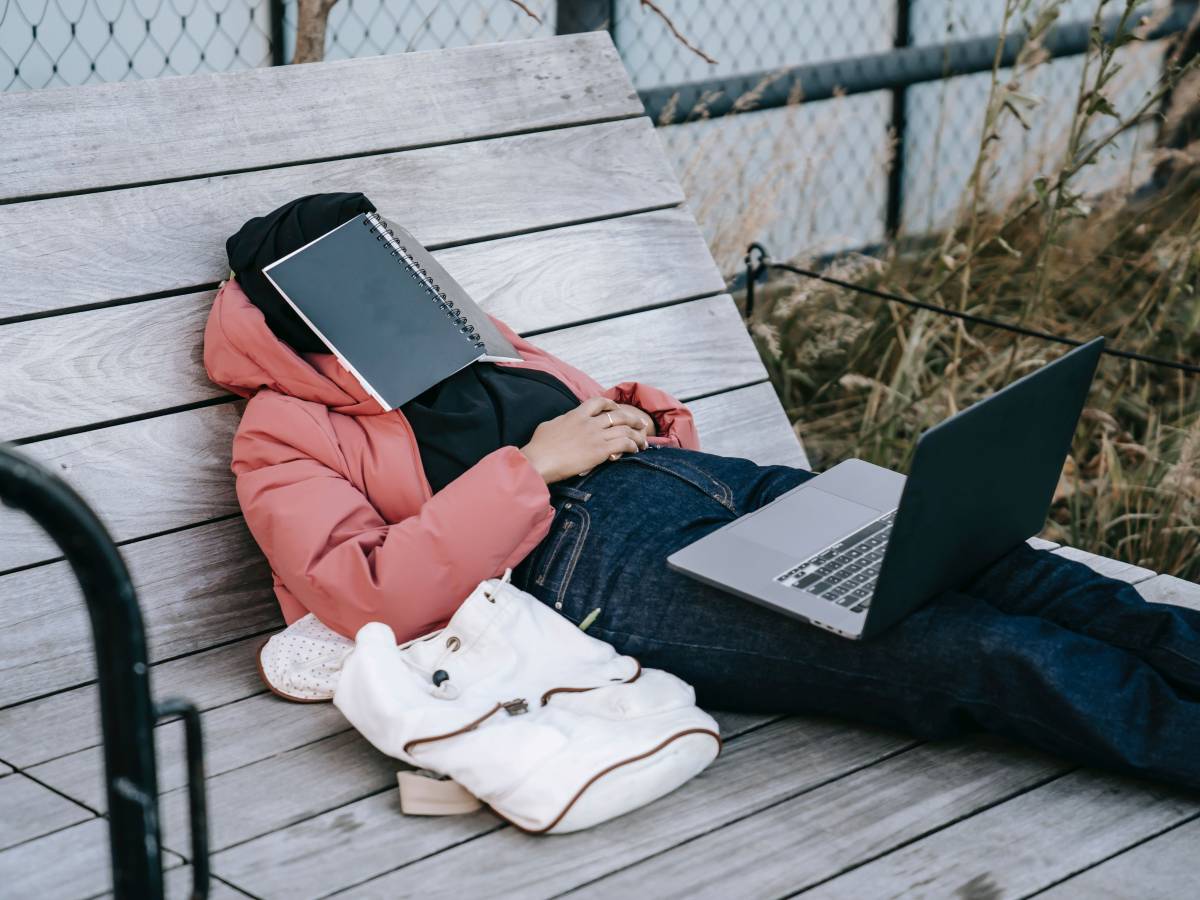Who hasn’t happened after one sleepless nightto be told by the office manager: “Don’t worry, have a nice coffee and you will be immediately awake and performing. Tonight then, please, go to bed early, and you will catch up on all the lost sleep.” the hours of sleep lost are not recovered? And again, are the recommended eight hours of sleep considered necessary and sufficient?
Finally, the amount of hours you sleep or the more important sleep quality?
Not everyone is lucky enough to have a doctor who specializes in sleep disorders as their office manager. For this reason we have tried to hear some of them: and we hope that it will be of help to you.
Lapidary and a bit pessimistic Claudio Vicini, otolaryngologist, expert in sleep medicine and professor at the University of Bologna and Florence tells us that: “Italians sleep increasingly worse, the biggest problem is the perception of poor sleep quality. I sleep badly and wake up tired. “Among the causes, the professor points to the abuse of coffee and other exciting substances, excessive workloads, the use of tablets and mobile phones up to a moment before bedtime and physical activity at Covid-19, then, gave a decisive boost to the already poor quality of night’s rest.
Jacopo Vitale, researcher at the Galeazzi Orthopedic Institute in Milan, he expressly focuses on the impact of the 2020 lockdown which “negatively influenced the qualitative and quantitative parameters of sleep, especially in young students with an increase in insomnia to 15% and up to 40% in the population Italian”. Vitale stresses the need for education on the importance of sleep for our health. He recommends adopting real “sleep hygiene strategies that can represent a protective factor in conditions of social isolation”.
Those who love physical activity do not miss the warning of Carlo Castagna, Professor of Exercise Sciences at the University of Tor Vergata, “the sportsman cannot improve if he does not recover”. Castagna reminds us that recovery cannot be reduced to simple rest. “Recovery is strategically fundamental, it focuses on the so-called internal load, that is, on the athlete’s reaction to the load that is administered, for example, by the athletic trainer. Recovery is multifactorial and great importance is placed on the correct implementation of sleep “.
And if you think sleep disorders respect “equal opportunities” between men and women, you should listen Francesca Vitali, researcher in Psychology at the University of Verona and Sports Psychologist: “Women and men sleep quantitatively and qualitatively differently”. Due to a hormonal issue, the sleep of the fair sex is often more difficult, especially in the premenstrual phase. After menopause, however, the differences between men and women are greatly reduced.
Vitali recommends monitoring sleep hygiene and, from time to time, hormone levels as well as regular physical activity. “The alteration of a single hour of lost or missed sleep can significantly reduce attentional capacity and concentration” and, he further specifies “since we are not only cognition but also emotion, lack of quality sleep can lead to an increase in the level of anger and aggression “.
A recent study informs us what doctors and nurses need rest at least 20 minutes during night shifts. The nap helps to ensure the quality of clinical work and the safety of the patient but not only: it helps to make the journey home for the health worker after the work shift more peaceful.
The same research, by the anesthetist Nancy Redfern of Newcastle Hospitals NHS Foundation Trust warns us that a “sleep debt” begins to build up after two or more nights of limited rest and at least two days of proper sleep is recommended to recover. Finally, from this analysis emerges the recommendation not to do more than three consecutive night shifts.
What happens to the body while it sleeps
The feeling of being “reborn” after a good sleep corresponds to what happens in the organism: the body eliminates toxins accumulated during the day. While sleeping, metabolic activity slows down and the brain, in synergy with the lymphatic system, is activated to drain and expel the toxic proteins produced in the waking phase.
Not only. During rest, cellular activity also focuses more on itself and on its own regeneration. Think of the muscles that, by relaxing, repair the micro-injuries that we accumulate during the day. Or to the skin that at night is subjected to a real beauty treatment: thanks to the reduced metabolic activity, the body uses the proteins and enzymes that serve other purposes during the day to the advantage of the dermis. The result is an increase in the production of collagenthe scaffolding of the dermis that plays a decisive role in maintaining the freshness and elasticity of the skin.
Additionally, a study conducted by the University of Wisconsin, and published in The Journal of Neuroscience, shows that, during sleep, the production of cells that form the myelina sort of insulating protective sheath that allows the correct conveyance of nerve impulses: this would explain why a restful sleep and the right amount of rest allow us to be more lucid, reactive and during the day and how, instead, sleep disorders can get us in trouble.
